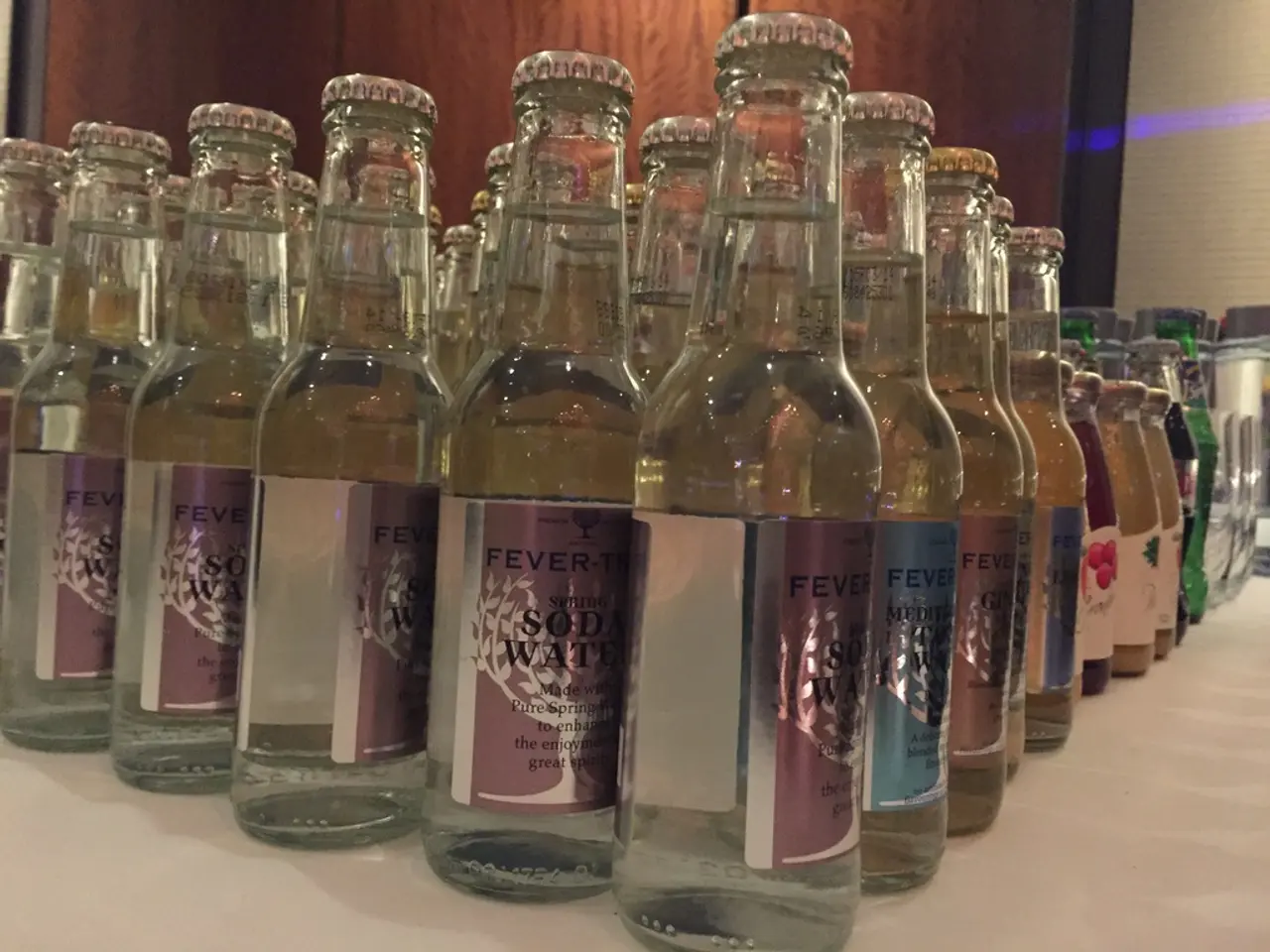Best Water Options for Fermentation Processes
In the realm of fermentation, the humble ingredient of water plays a pivotal role in the success of creating delicious and nutritious kombucha, water kefir, and sourdough. Each of these fermented foods has unique water requirements to foster optimal microbial growth and flavour outcomes.
For kombucha, a symbiotic culture of bacteria and yeast (SCOBY) thrives best in water free from chlorine, chloramine, fluoride, and other chemical additives. While filtered water that retains minerals is ideal, kombucha does not benefit from highly mineralized water. Thus, avoiding alkaline, sparkling, or ozonated waters is recommended.
On the other hand, water kefir prefers water with minerals as the kefir grains thrive on these nutrients. Chlorine and chloramine in tap water will inhibit the grains’ activity. Filtered water that removes chemicals but retains the natural mineral content is recommended.
Sourdough also benefits from mineralized water since minerals influence yeast and bacterial activity during fermentation. Like the others, it requires water free of chlorine and chloramine.
Removing chlorine and chloramine from tap water can be achieved through various methods. Filtering using a high-quality filtration system that removes these chemicals but preserves beneficial minerals is optimal. Boiling tap water can drive off chlorine but is ineffective for chloramine, a more stable compound. Chemical neutralizers like Campden tablets can quickly neutralize chlorine and chloramine.
It's worth noting that seawater and rainwater contain microorganisms and contaminants that could interfere with fermentation. Bottled water, particularly spring water, can be used for fermentations, but it is not recommended due to its quality-price ratio and environmental impact. Well water, rich in minerals, may be too concentrated for kombucha but is a good option for water kefir.
If your tap water is drinkable, it is usually suitable for fermentations. However, if it contains chlorine or fluoride residues, it may affect your fermentations if present in too large quantities. Distilled water, free of all minerals, contaminants, bacteria, and pharmaceutical residues, may require compensation with other ingredients for many fermentations.
In summary, the main fermentation water requirements are the elimination of chlorine and chloramine while preserving beneficial minerals. Using properly filtered water (like from a Berkey system) that balances mineral retention and chemical removal is optimal for all three fermentations for best microbial growth and flavour outcomes.
In the realm of healthy cooking, understanding the unique water requirements for various fermented foods like kombucha, water kefir, and sourdough can greatly impact their success and flavor outcomes. For instance, kombucha thrives best in filtered water that retains minerals but avoids alkaline, sparkling, or ozonated waters, while water kefir prefers water with minerals to support its growth. On the other hand, sourdough also benefits from mineralized water for optimal yeast and bacterial activity during fermentation.








